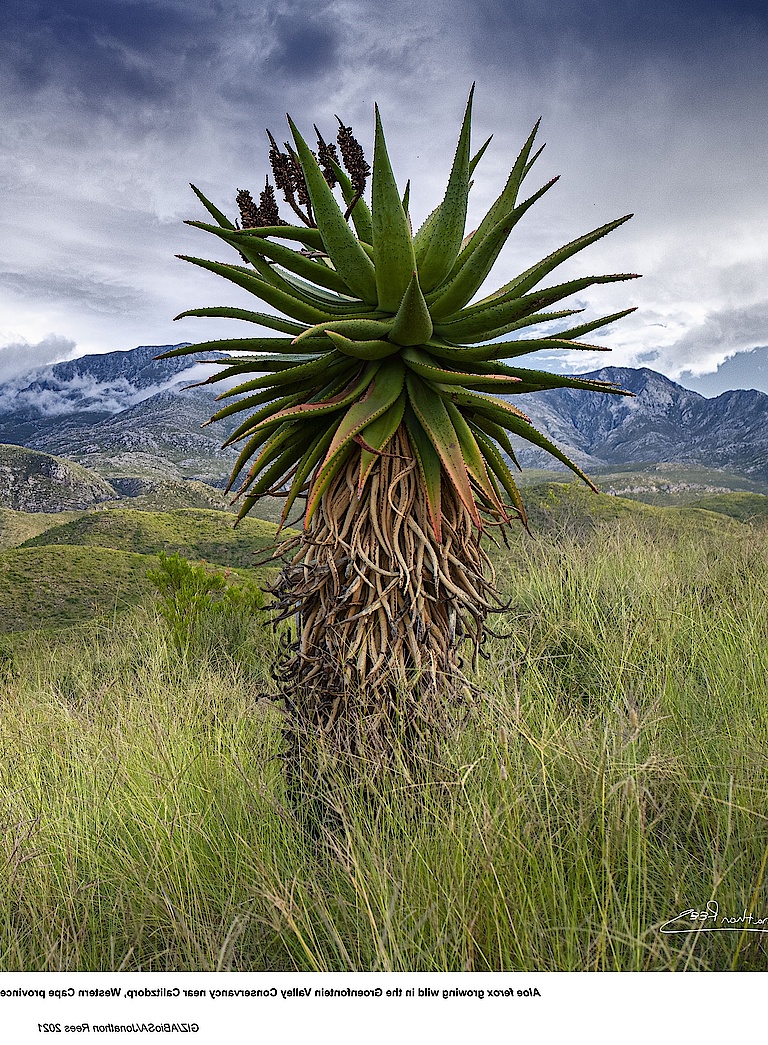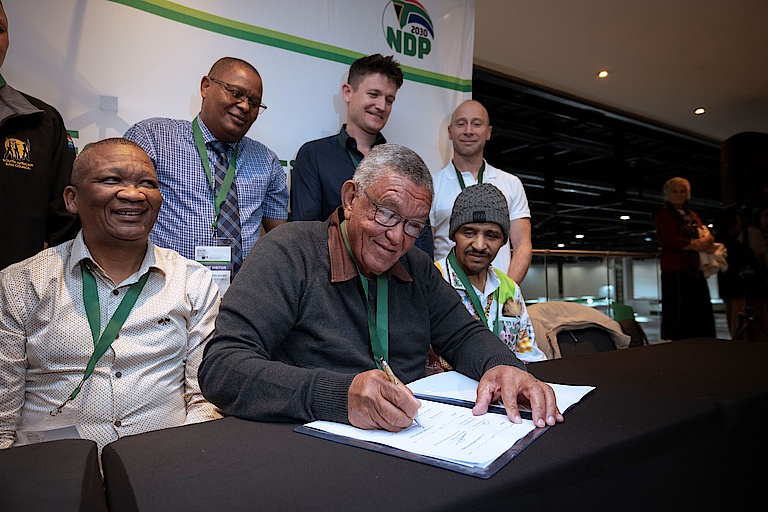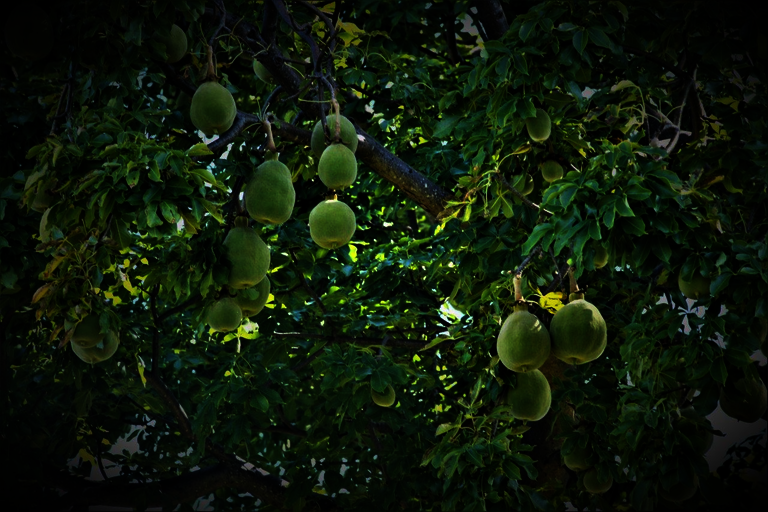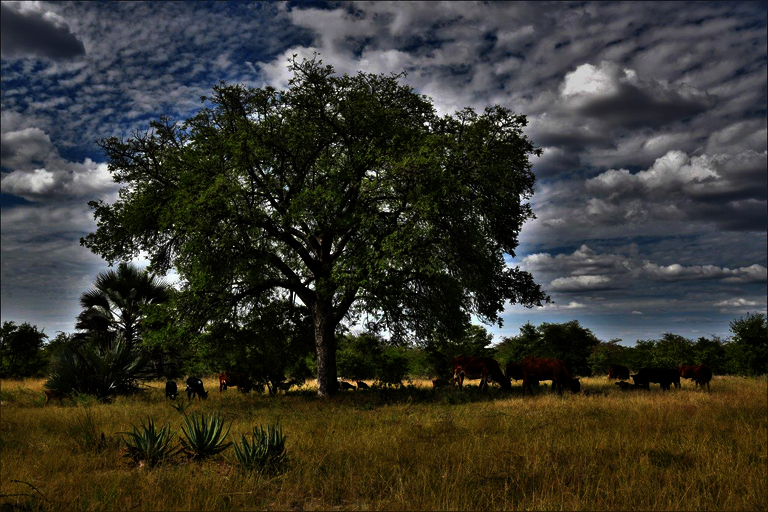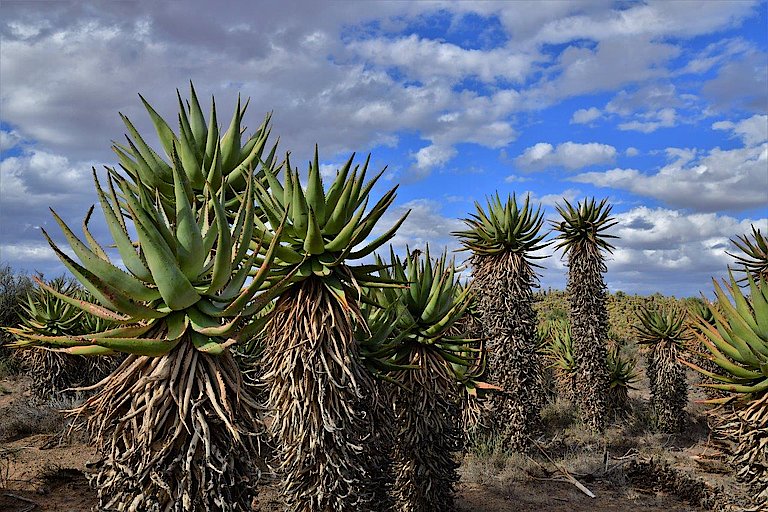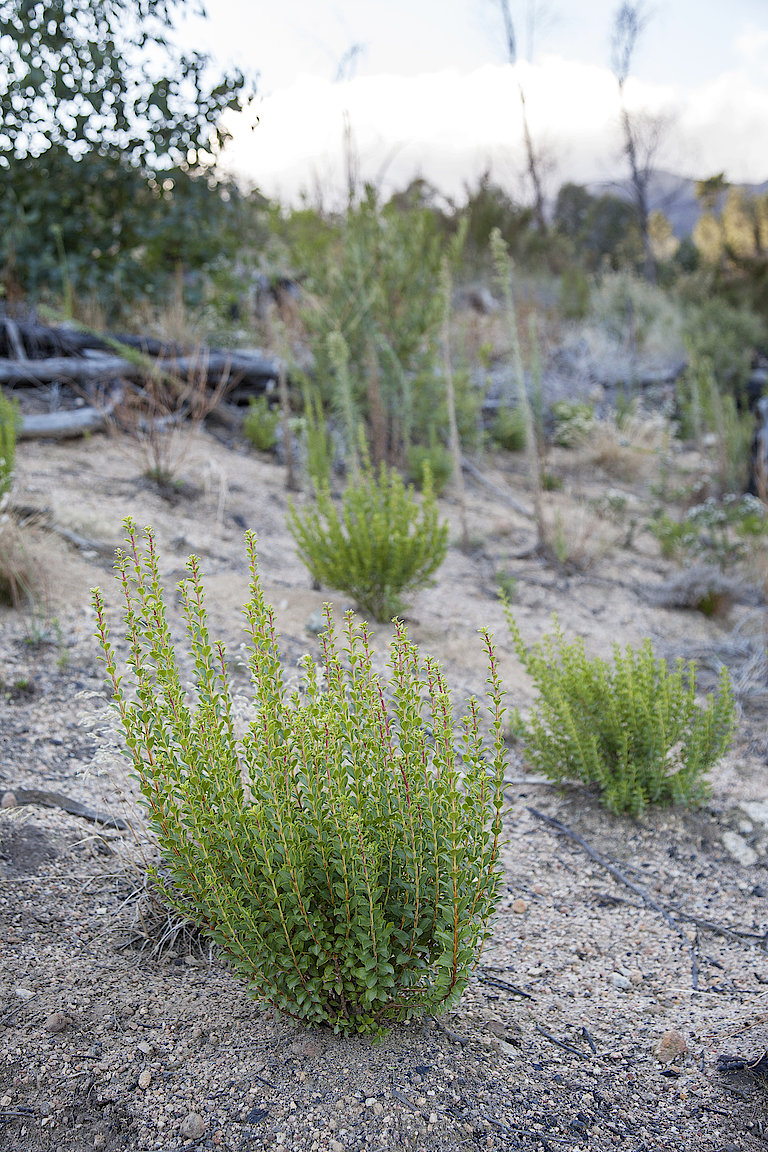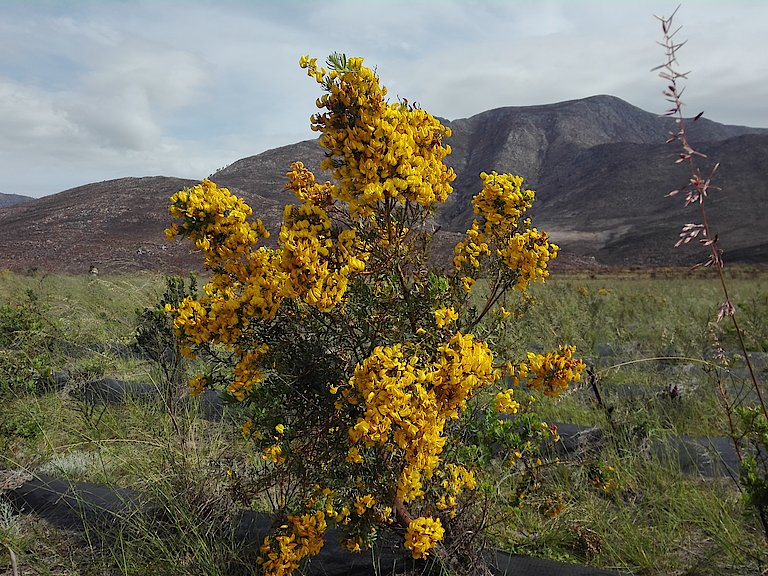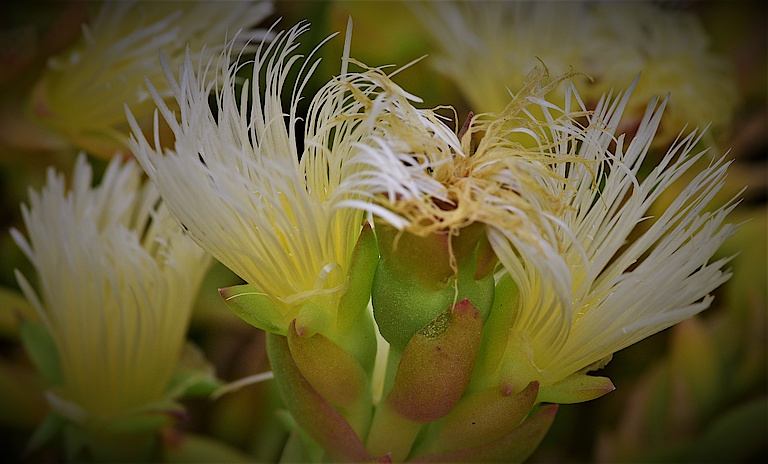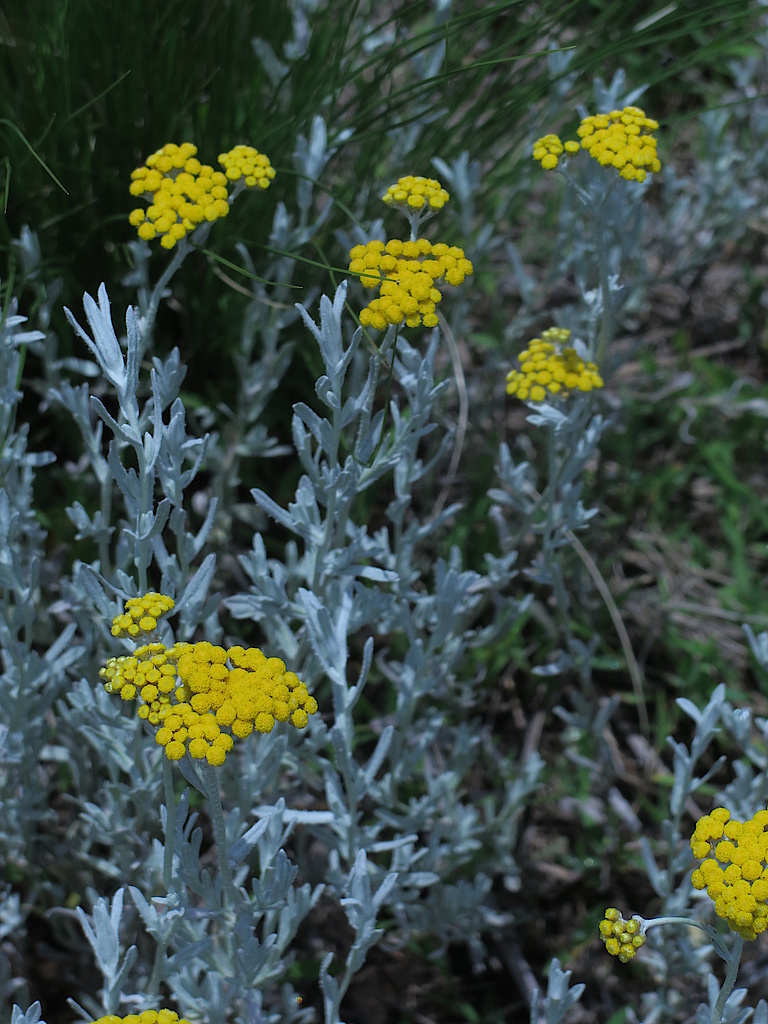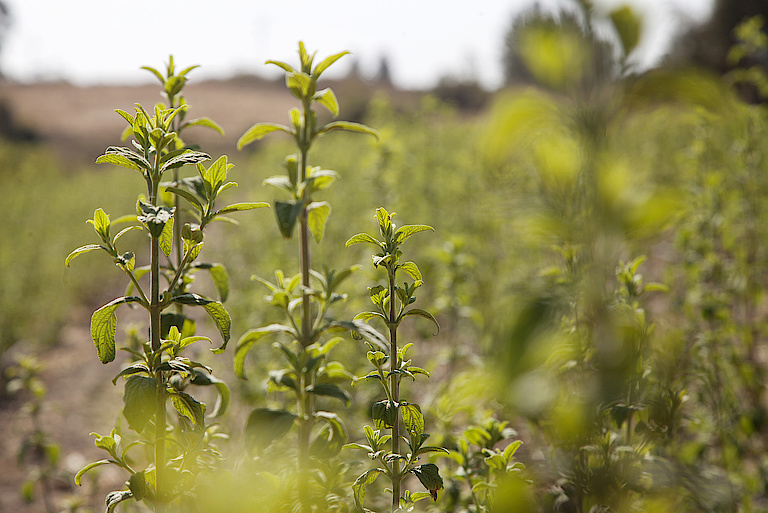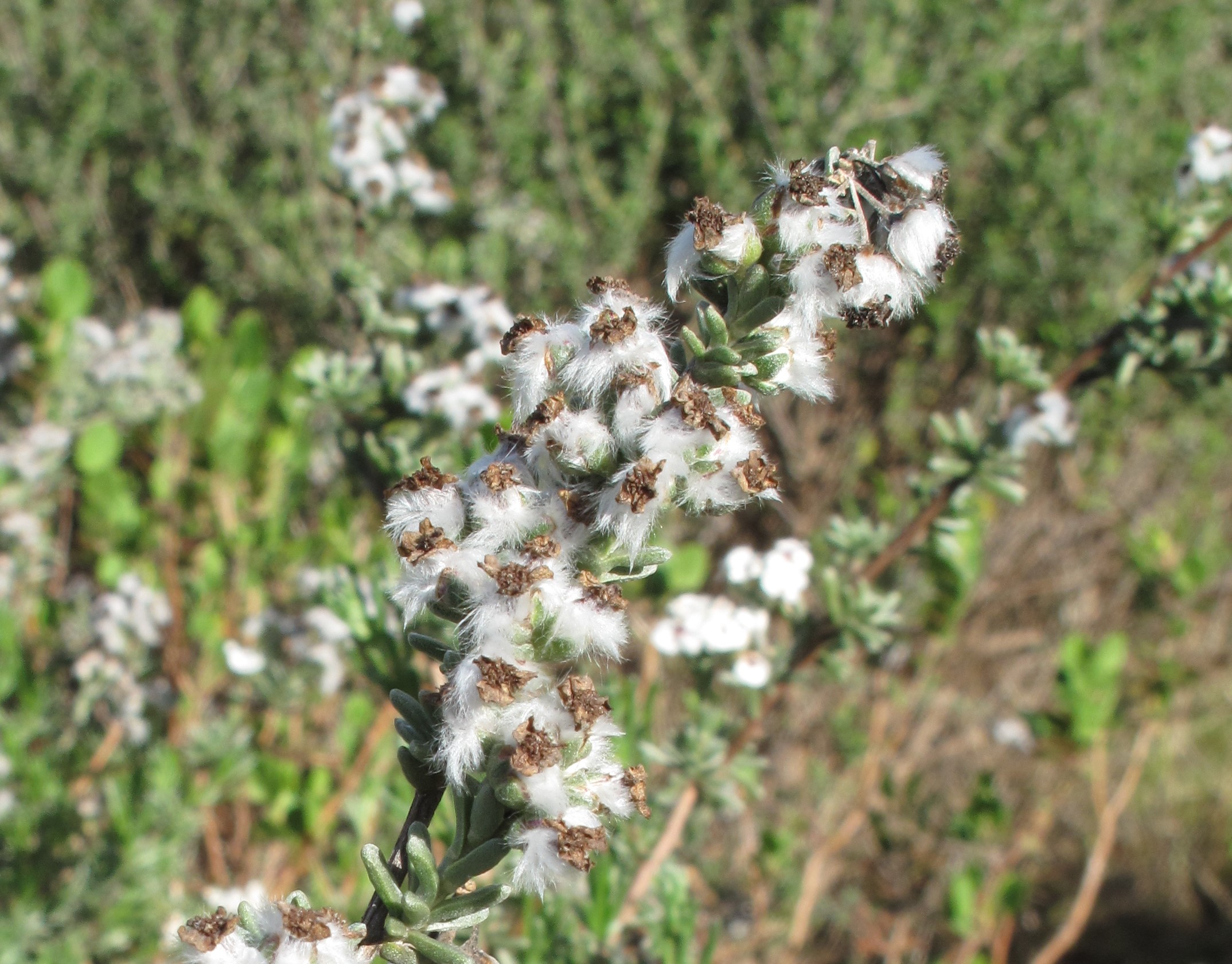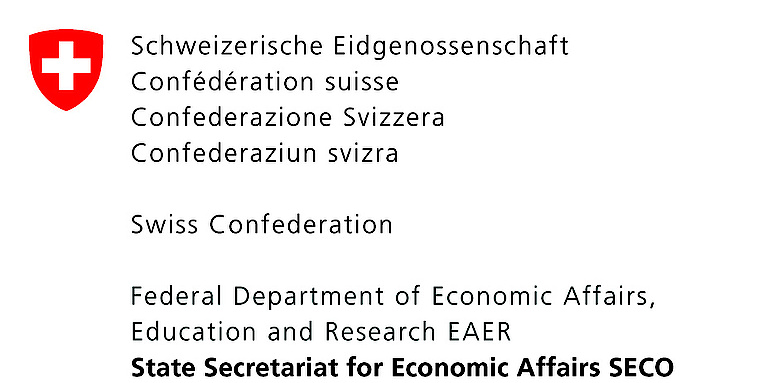Project phase
ABioSA phase II runs from November 2021 to December 2024.
ABioSA phase I ran from February 2018 to October 2021.
Objectives
ABioSA supports the development of a resilient southern African biotrade sector which adds value to natural plant ingredients, develops new products, and stimulates economic opportunities while recognising the importance of traditional knowledge, biodiversity, conservation and sustainable use.
ABioSA is committed to sustainable development goals, rural livelihoods, and productive use of plant biodiversity. The project supports transformation and key government targets including job creation, empowerment of women and youth, and rural development.
ABioSA’s aim is to create a high-growth, jobs-rich and innovative biotrade sector with small businesses that comply with domestic and international regulations.
The project helps businesses to become more competitive by supporting them to become investment ready, access funds, overcome regulatory hurdles to exporting products, and access local and international markets.
ABioSA phase II is focused on implementation of sector development plans for five plant species and value chains, some of which straddle national borders. The species were selected in collaboration with project partners, including DFFE.
In phase I, ABioSA worked with 13 biotrade value chains and plant species, selected on criteria including traditional and indigenous knowledge, ecological sustainability, market demand, potential for value-adding and job creation, and opportunities for participation of small businesses and local communities. These species are also part of the national priority list of species to support for sustainable wild harvesting and cultivation.
Geographical scope
ABioSA works in South Africa, Namibia, Botswana, Zimbabwe, Zambia and Eswatini, where it provides technical assistance and financial support at a sector and small business level.
Target groups
Small and medium enterprises (SMEs), business support organisations (BSOs)/meso level organisations and indigenous people and local communities (IPLCs) amd government.
Partnership
ABioSA works in partnership with South Africa’s Department of Forestry, Fisheries and the Environment (DFFE), and other regional government bodies.
ABioSA supports SA’s National Biodiversity Economy Strategy targets, and the activities of the SA government’s BioPANZA network, a collaboration between DFFE, the dtic and DSI.
ABioSA is hosted in the GIZ Centre for Cooperation with the Private Sector (CCPS), which hosts four regional/global programmes that support sustainable development for employment, economic growth and natural resources.
Governance
ABioSA is integrated in the governance structure of the ABS Initiative, with its own project steering committee consisting of SECO, GIZ and the Department of Forestry, Fisheries and the Environment (DFFE).
ABioSA is funded by the Swiss State Secretariat for Economic Affairs (SECO) and implemented by the Deutsche Gesellschaft für Internationale Zusammenarbeit (GIZ) GmbH, under the umbrella of the Access and Benefit- Sharing (ABS) Capacity Development Initiative.
Value Chain Approach
ABioSA has a value chain approach to biotrade, recognising the role of all parties. Key value chain actors include communities, traditional and indigenous knowledge holders, harvesters, pickers, processors, manufacturers and traders. ABioSA also works with value chain supporters and enablers like researchers, regulators, quality control and sector associations.
AbioSA works to ensure that all biotrade participants recognise the importance of biodiversity, environmental protection, conservation and sustainable use.
ACCESS AND BENEFIT-SHARING (ABS)
ABioSA is helping to embed practical access and benefit-sharing (ABS) as a feature of sustainable biotrade that works for both communities and businesses while enhancing biodiversity protection and ensuring sustainable use of natural resources.
ABioSA encourages and supports compliance with ABS regulations. It helps communities and businesses to recognise ABS as an enabler of an equitable biotrade sector that protects biodiversity. ABioSA helps businesses to use ABS compliance to give them a competitive edge in the promotion and marketing of their products.
ABioSA works at the micro, meso and macro levels to ensure strategic and sustainable long-term development of biotrade. The project contributes to systemic change across the biotrade sector, which enables more sustainable impact than just direct assistance at a micro level.
Focus
ABioSA phase II is focused on support for sector associations and their implementation of sector development plans (SDP) for five selected plant species and value chains:
- Baobab (Adansonia digitata)
- Marula (Sclerocarya birrea subsp. caffra)
- Aloe (Aloe ferox)
- Buchu (Agathosma spp.)
- Honeybush (Cyclopia)
- Sceletium Tortuosum
The species were selected on criteria including traditional/indigenous knowledge, ecological sustainability, market demand, potential for value-adding and job creation, and opportunities for participation of small and medium enterprises (SME) and local communities.
The key areas addressed in the sector development plans are:
- Sector management, governance and M&E
- Legislation & compliance
- Conservation and sustainable use
- Market access and generic marketing
- R&D and innovation
- Quality, registrations and competitiveness
In phase I, ABioSA worked with 13 biotrade value chains and plant species:
- Baobab (Adansonia digitata)
- Marula (Sclerocarya birrea subsp. caffra)
- Aloe (Aloe ferox)
- Buchu (Agathosma spp.)
- Honeybush (Cyclopia)
- Imphepho (Helichrysum spp.)
- Umsuzwane (Lippia javanica)
- Cape chamomile (Eriocephalus spp.)
- Rose geranium (Pelargonium var Rose)
- Kalahari melon (Citrullus lanatus)
- Mafura (Trichilia emetica)
- Sour plum (Ximenia americana & X. caffra)
- Wild ginger/African ginger (Siphonochilus aethiopicus
COMMUNICATION AND ENGAGEMENT
ABioSA develops communication products to enhance the flow of knowledge and information between national, regional and international stakeholders.
ABioSA supports stakeholder dialogue in the biotrade sector by using knowledge products as a vehicle for discussion and collaborative problem solving.
At a meta level, ABioSA is helping to adjust and transform established beliefs and perceptions about issues including ABS and gender equality. The project encourages collective learning, capacity building and development within the sector.
ABioSA harnesses communication for social and behavioural change, and is working to improve cooperation, collaboration and engagement with communities. This will make community-based conservation projects more transformative and aligned with realities on the ground, make sustainability more prominent in benefit-sharing agreements, and empower communities to participate in biotrade sector development.
The project advocates storytelling as a communication tool, embracing community values of collective responsibility for biodiversity conservation.
ABioSA supports two-way learning and knowledge sharing, and co-creation of initiatives with communities. It seeks to promote organisation at a local level, based on indigenous knowledge and tradition, and build understanding of community practices among other value chain participants.
